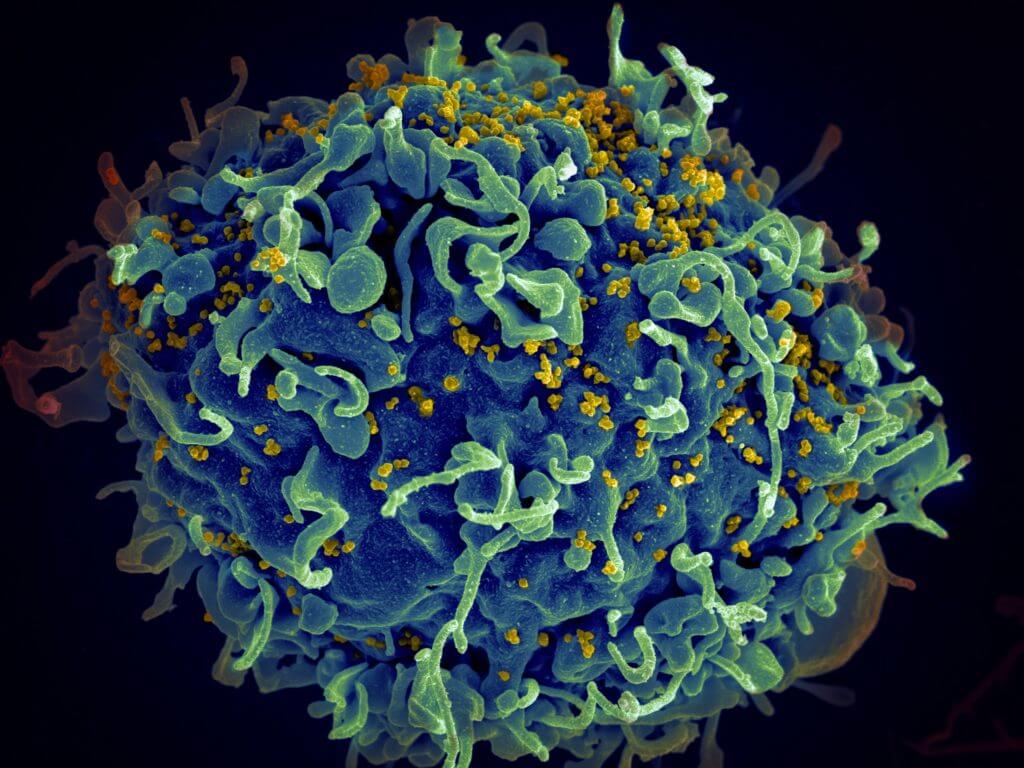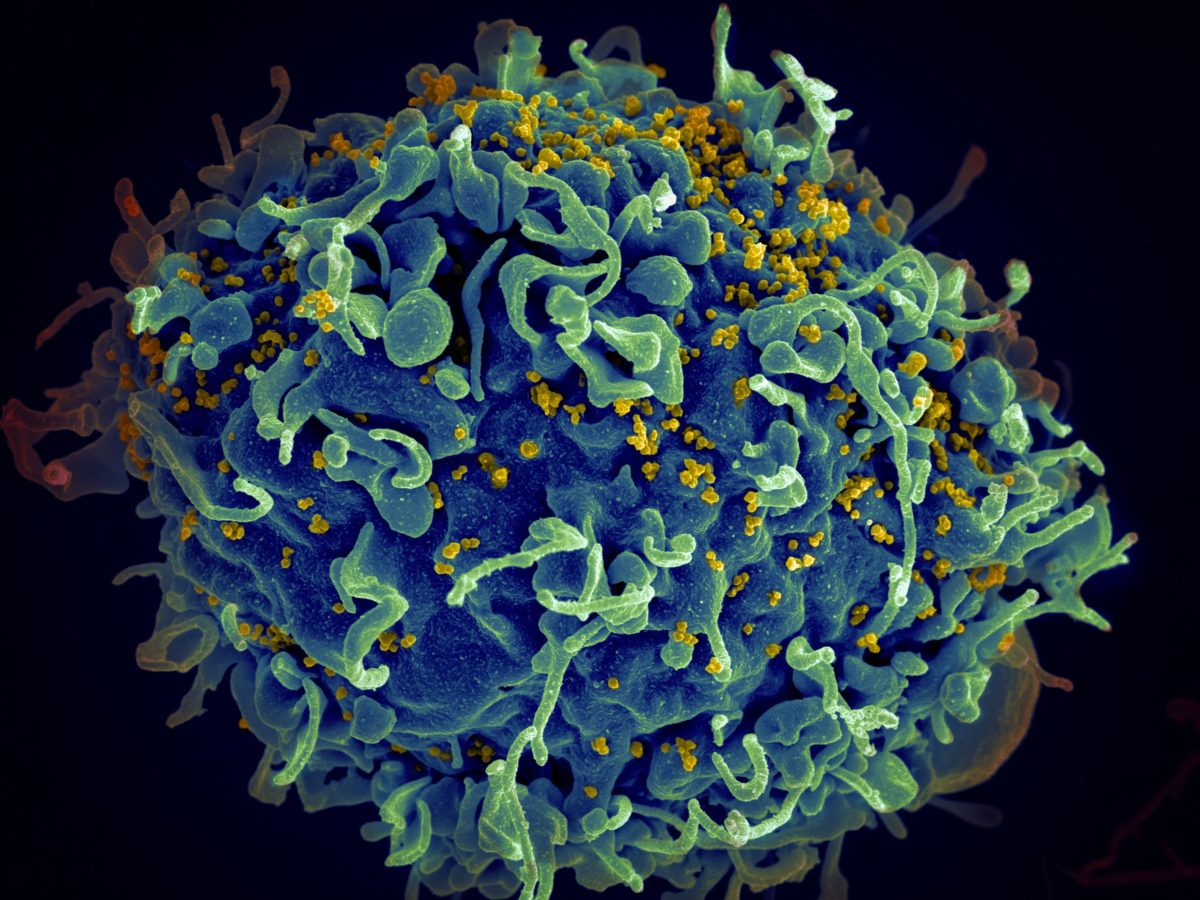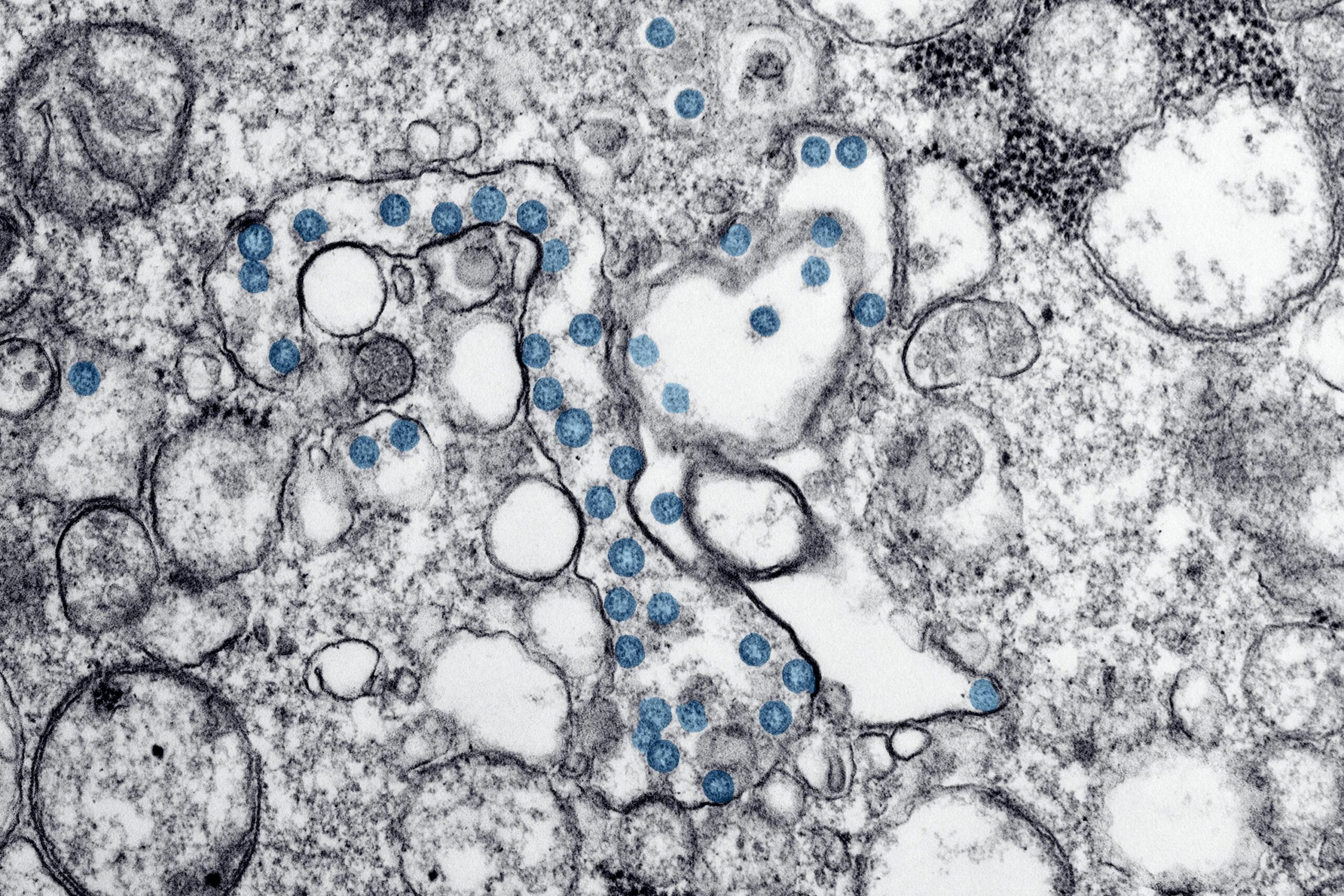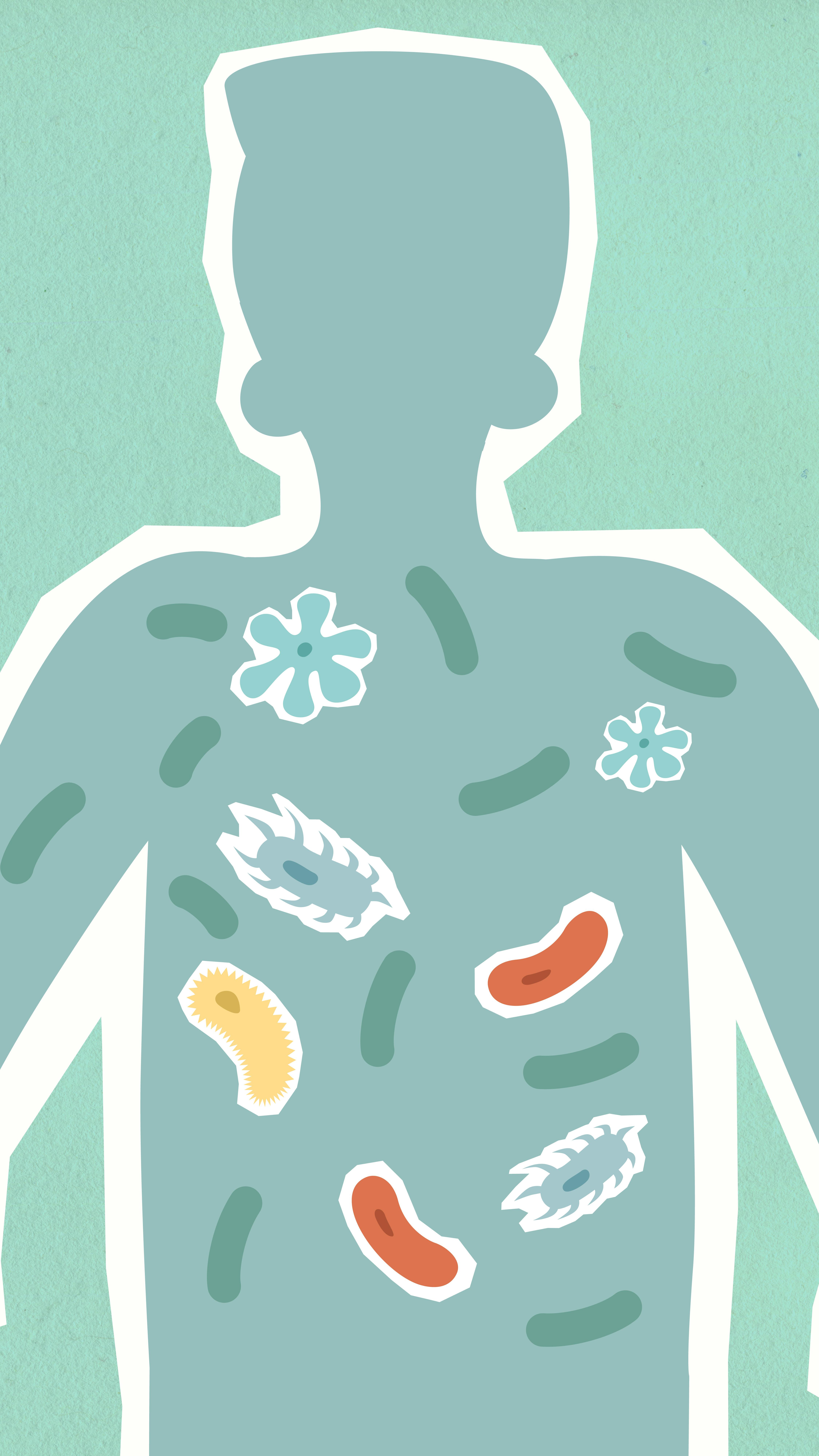Previous stool and blood samples from the University of Pittsburgh during the 1980’s HIV/AIDS epidemic were cryogenically preserved. These samples have been used to uncover the connection between gut microbes and the risk of acquiring HIV as well as developing AIDS, according to a recent study. These findings can have implications for the management of the virus, and researchers stress the importance of gut health and fibrous diets.
HIV – Gut Connection
Before men contracted HIV in the early days of the HIV/AIDS epidemic, they had a greater abundance of pro-inflammatory vs. anti-inflammatory gut microbes compared to men that remained HIV-negative, according to a new study.

Furthermore, men who had the most unbalanced gut microbes would progress to AIDS the quickest. The information from this 1980s study from the University of Pittsburgh is the first to connect the gut microbe composition to that of HIV infection rates.
Professor of infectious diseases at the University of Pittsburgh Charles Rinaldo, Ph.D., oversaw the research. “Not only were they at greater risk of acquiring HIV, but once HIV-positive, they also were at greater risk of developing AIDS compared to people with a more normal microbiome. This discovery helps us understand what was underlying the susceptibility of men to HIV well before we had antiviral drugs to control the virus. It could also have implications for disease cure or even prevention,” Rinaldo says in a statement.
Study Implications
In the spring of 1984, gay men enrolled in a study conducted by the National Institutes of Health (NIH) and offered blood and stool samples. These samples were collected until HIV was eventually discovered, and the remaining samples were cryogenically frozen and stored.
Shyamal Peddada, Ph.D., who was chair of the Department of BIostatistics at the time, reflects on the preserved samples. “Science had advanced to the point that we could now revisit this biorepository to find out what was happening in the microbiome and immune system of men before and after they got HIV.”
Out of the 265 samples that they received, 109 contracted the virus within the first year. Those who went on to contract HIV had a greater abundance of Prevotella stercorea, which is a bacterium that promotes inflammation. They also had a lower count of the four Bacteroides responsible for immune response. Furthermore, those who contracted HIV typically had higher levels of inflammation prior to their infection compared to their counterparts who did not contract HIV.
Scientists believe that the gut microbiomes for these 109 patients promoted inflammation and created microbiomes that were more susceptible to HIV. More research is needed on this matter to create proper guidance and treatments for people looking to improve their microbiome compositions.
“But we know that, in general, a diet rich in fruits, vegetables, and fiber typically results in a healthier gut microbiome,” Pedadda says.
Find this study in Microbiome.











